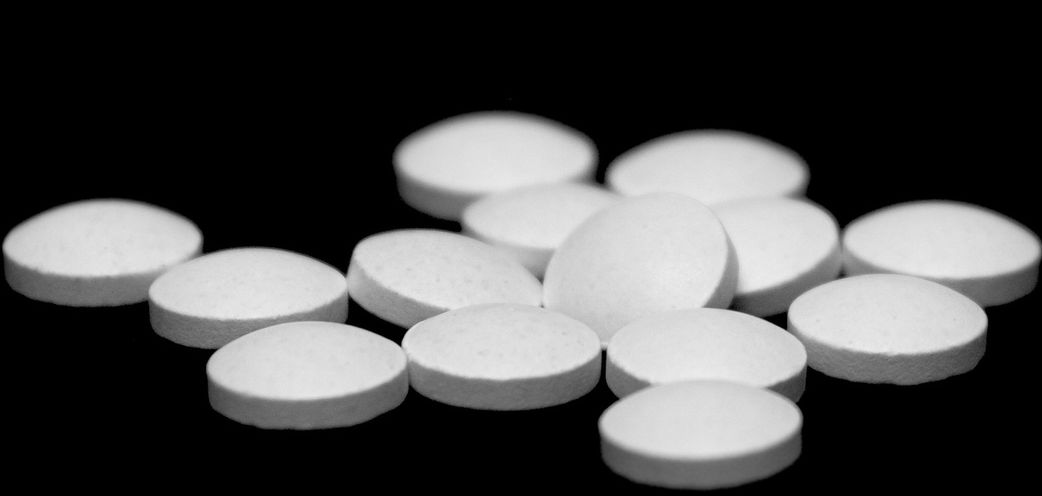
Some patients going through post-operative pain may become victims of overprescribed opioids. What can and should be done to prevent potentially dangerous opioid prescriptions?
Opioids are strong painkillers typically derived from the opium plant. Common opioid painkillers include:
· Hydrocodone
· Oxycodone
· Fentanyl
· Morphine
They have been in the news much over the last few years as fatal opioid overdoses have become a national health scourge. According to the National Institute on Drug Abuse, 130 Americans each day die from an opioid abuse.
Opioid Lawsuits
Lawsuits across the country have been filed against the makers of opioids. This litigation largely focuses on the reckless acts by drug companies in their zeal to market highly profitable opioids.
While deceptive and reckless opioid marketing campaigns may be found to play a significant role in getting Americans hooked on painkillers – ultimately leading to the death of many - what roles do physician prescribers play in opioid deaths?
Many unscrupulous doctors who knowingly overprescribe opioids have been exposed and held accountable by the legal system. A desire to maximize income, regardless of consequences, created these deadly pill mills.
Patient Harm Caused by Overprescribed Opioids
But a new study finds that patient harm from opioid abuse can be the result of poorly coordinated medical treatment.
The study, (“Optimizing Opioid Prescribing and Pain Treatment for Surgery: Review and Conceptual Framework”) published in September by the American Journal of Health System Pharmacy, cites the need for better management of opioids following surgery.
The authors note the scope of the problem, as 50 million Americans undergo surgery every year. In a news release announcing the study’s results, the American Society of Health-System Pharmacists finds that opioid over-prescriptions following surgery contribute to opioid-abuse, which it calls “the most pressing public health crisis of our time.”
The authors report that even well-meaning caregivers have helped heighten the dangers of opioid abuse following surgery.
As an answer, the researchers call for a structured approach between healthcare providers to guard against harmful opioid prescriptions. These providers include the surgical teams – surgeons, nurses and anesthesiologists – as well as pharmacists. They also discuss the hospital’s system-wide influence in prescribing opioids and preventing abuse.
The study calls the pharmacist’s role essential in the safety of all patients and outlines what hospital pharmacists can do to reduce potential opioid addiction, including:
· Checking state drug monitoring programs to prevent overlapping opioid prescriptions
· Using partial refills following surgical patient discharge
Similarly, the study reports that other caregivers can help reduce the odds of opioid abuse following surgery by relying more on nonsteroidal anti-inflammatory drugs and acetaminophen-based painkillers.
Opioid abuse is a well-known danger in medical treatment today. As fatal opioid overdoses continue to climb, the caution of healthcare givers to guard against administration mistakes with opioids grows as well.
Life-threatening post-op complications happen. But many, such as those that occur from an over-prescription of opioids, may be preventable. If you or a loved one were seriously harmed due to what you believe is a mistake in medical or medication treatment, consult an experienced medical malpractice attorney.
The choice of a lawyer is an important decision that should not be based solely on advertisements.
Authored by Gray Ritter Graham, posted in Blog September 20, 2019

 RSS Feed
RSS Feed